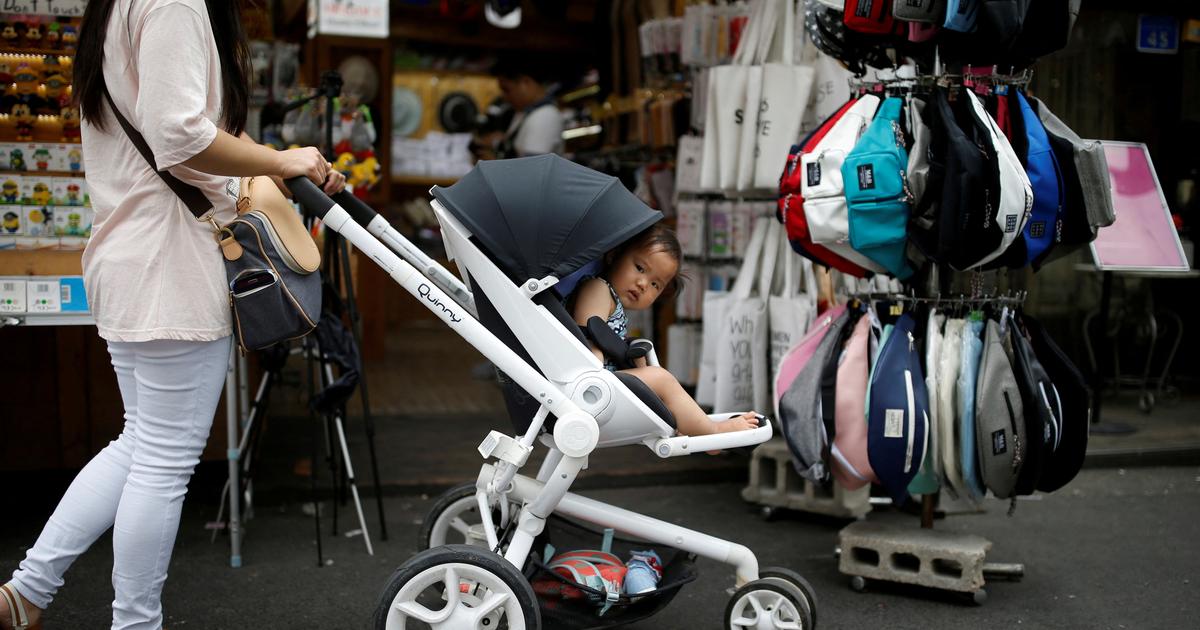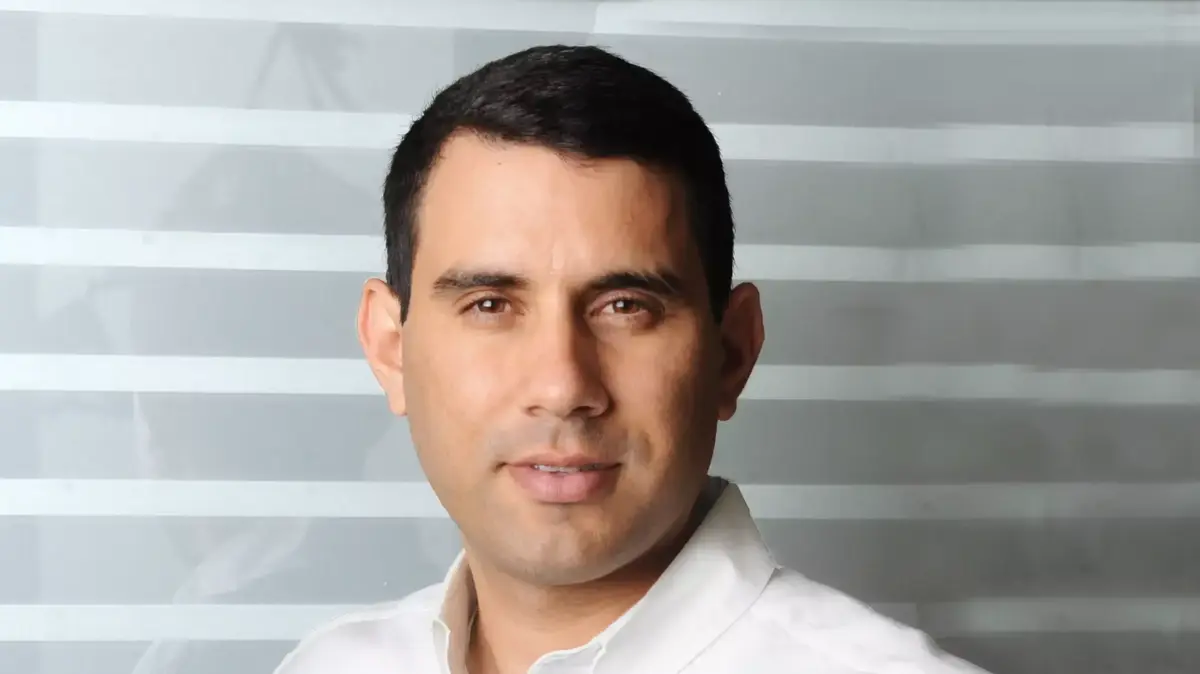One of the things that most surprised Paz Murillo when she came to study in Seoul was the insistence with which her South Korean classmates asked her how old she was.
“They repeated to me 'Is it international or Korean age?'
and I didn't understand it.
And it is that if you come here you have one more year, foreigners too ”, she amusedly tells this Costa Rican who has settled in the South Korean capital since 2017.
South Korea is, together with Taiwan, the only place in Asia that maintains the traditional Chinese age counting system, so all citizens are one or even two years older than they would be in other nations on the planet. .
This situation, however, will change at the administrative level in June 2023, after the National Assembly approved last week a series of laws to standardize a person's age at all official levels in accordance with the international system.
The regulation, approved on December 8, seeks to equalize the age of South Koreans in all judicial and administrative areas following the international system and putting an end to the traditional method that was still used in some government departments.
The move, which was one of President Yoon Suk-yeol's election campaign promises, is expected to reduce legal discrepancies and eliminate cost overruns that arise from using three different calculation systems.
Since 1962, the official method for administrative and legal purposes in South Korea is that of “international age”, that is, based on the date of birth and according to which one year is added for each birthday.
However, in informal contexts, most South Koreans respond with their "Korean age," which can be one or even two years older than their "international age."
According to this system, babies are born one year old and every January 1 they add one more, so, for example, in the case of those born on December 31, they are already two years old just one day after delivery.
To make the matter even more complicated, in certain administrative areas the “annual age” is used, which would be a mixture of the two previous ones.
Under this system it is considered that babies are born with zero years, but they add up to one every January 1.
This age is the one that applies under laws such as compulsory military service, primary and secondary education or the one that determines the legal age for drinking and smoking.
This practice will cease to be effective on paper as of June 2023.
“Before, it was believed that gestation lasted one year, which is why babies were born directly at one year of age.
In addition, life expectancy was much lower, few people reached adulthood, so perhaps the tradition arose to attract good luck," says Li Moon Hyeong, a thirty-something doctor, who believes that the change is necessary, although he believes it will generate doubts in the short term.
It is known that the origins of this custom date back hundreds of years, to ancient China, and that from there it was transferred to other countries with a Confucian tradition.
It is currently also maintained in Taiwan, where citizens automatically turn one year old every New Year of the lunar calendar.
North Korea officially abolished it decades ago, though North Koreans continue to use it informally to talk about their age.
The decision has been made after a long debate about the social confusion generated by the use of multiple systems.
Although the country's laws dictate which age calculation method is applicable in each circumstance, many South Koreans are not very familiar with the nuances, and indeed, the internet is full of age calculators that help determine your age quickly.
"It's a hassle when we travel abroad or when we have to request documentation from other countries, so I think the change is very positive," says Li Hui Rim, 25, who studied in China and is now doing business between both nations.
"Although at the moment it is only applied for official procedures, I hope that in the long run we will adopt it at all levels," she adds.
80%, in favor of change
In a survey carried out in September by the Ministry of Government Legislation, 80% of the participants said they were in favor of unifying the age calculation system.
President Yoon, who took office in May, stressed during the election race that it was necessary to change the system after the problems that arose during the covid-19 vaccination campaign.
Some South Koreans did not receive the booster dose despite being of the "international age" for it, because they could not show a valid "Korean age" certificate.
Although in the mentioned survey 86% of those surveyed said that in their daily life they would prefer to be guided by the age of their date of birth, Sociology experts consider that a custom that is so deeply rooted cannot be changed overnight.
South Korean society is deeply hierarchical, to the point that in order to correctly address a person in Korean, you need to know their age and social status.
Language is the basis of interpersonal relationships and, depending on the level of intimacy with the other person, one must speak in one way or another.
“People start conversations by asking their age, because they need to know it to use the correct vocative.
I have witnessed situations in which my friends clearly do not feel comfortable because they are not sure if they are using the right word with the other person”, Murillo illustrates.
Subscribe to continue reading
Read without limits
Keep reading
I'm already a subscriber

/cloudfront-eu-central-1.images.arcpublishing.com/prisa/3W37FSCXWFBQ5D2PYH4HGA3H3Y.jpg)







